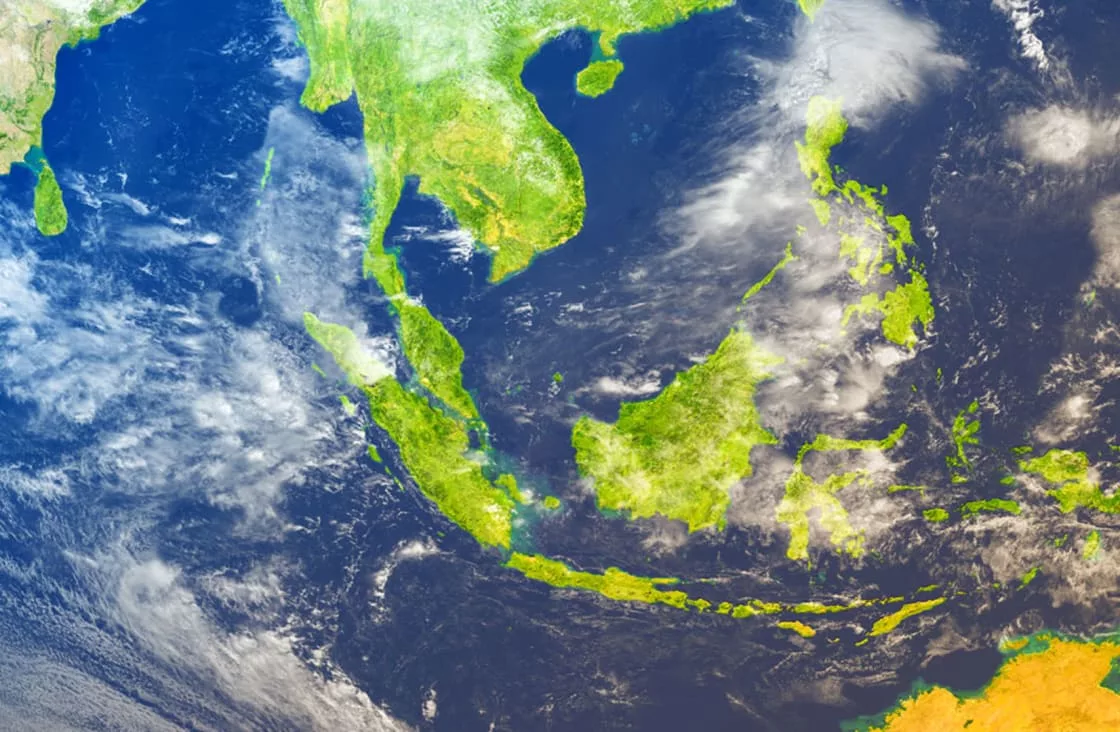AI is increasingly becoming an integral part of the sustainability efforts within Southeast Asia, offering innovative solutions to longstanding environmental challenges. This technological evolution is evident through several ambitious tech-driven projects aimed at addressing climate-related disasters, biodiversity conservation, and the management of plastic waste.
Innovations in AI are transforming the field of weather forecasting, allowing for highly precise predictions that can significantly mitigate the impacts of climate change. For instance, a new technology developed by Atmo AI enables detailed weather forecasts at the city block level, providing critical data that can prepare residents for specific local weather events. This advancement represents a significant leap forward in our ability to predict weather patterns, particularly in regions prone to climate-induced disasters.
Atmo AI’s partnership with the Philippine Atmospheric, Geophysical and Astronomical Services Administration (PAGASA) exemplifies the potential of integrating AI with traditional weather forecasting methods. By employing a machine learning approach, the initiative aims to enhance the accuracy and speed of weather predictions in the Philippines, a country highly vulnerable to typhoons. The collaboration illustrates how AI can complement existing meteorological infrastructure, offering a cost-effective solution that bypasses the need for expensive supercomputers and satellites typically used in advanced economies.
Beyond weather forecasting, AI is also being applied in biodiversity research. In Sabah, Malaysia, students from the Swedish University of Agricultural Sciences are utilizing AI-powered audio recording technology to monitor wildlife activity in various forest environments. This approach allows for a more efficient analysis of ecological data, potentially informing conservation strategies and carbon credit initiatives.
Another critical application of AI in the region is in addressing plastic pollution, particularly in the Philippines, recognized as a significant contributor to global plastic waste. Efforts such as Plasticount Pilipinas are employing AI to create a comprehensive database of plastic pollution across the country. This project combines drone technology and high-resolution imaging to classify and quantify plastic waste, providing valuable insights that can guide policy and conservation efforts.
These initiatives underscore the transformative potential of AI in environmental conservation and disaster mitigation. By leveraging advanced technologies, Southeast Asia can enhance its resilience to climate change, protect its rich biodiversity, and tackle the persistent problem of plastic pollution. As these projects continue to evolve, they offer a hopeful glimpse into a future where technology and environmental stewardship converge to create a more sustainable world.
The integration of AI into environmental strategies signifies a promising avenue for addressing the complex challenges posed by climate change and human impact on natural ecosystems. Through collaborative efforts between governments, technological innovators, and the scientific community, AI can catalyze significant advancements in our understanding and management of the environment. As these technologies become more accessible and their applications more widespread, the potential for meaningful environmental impact grows, offering a beacon of hope for the sustainable future of Southeast Asia and beyond.











